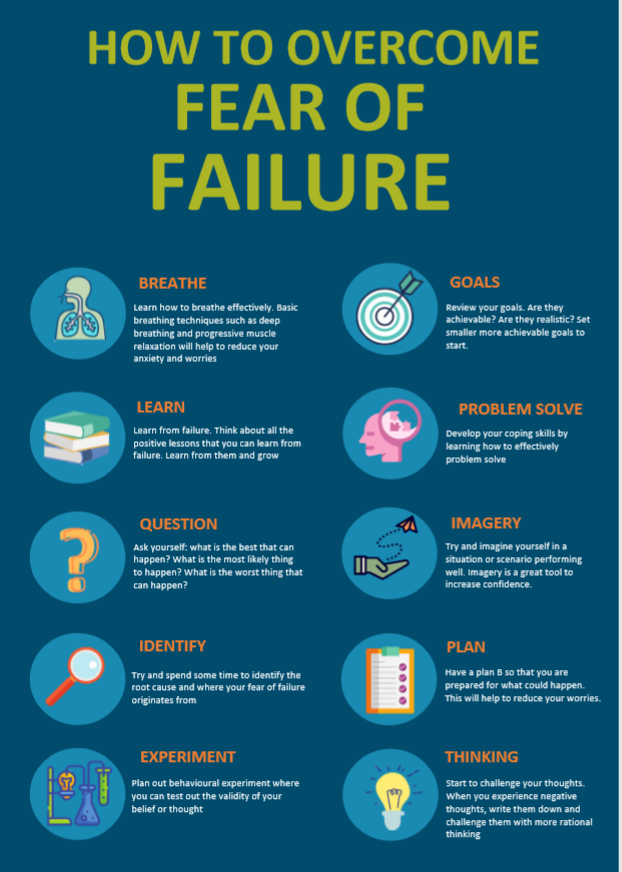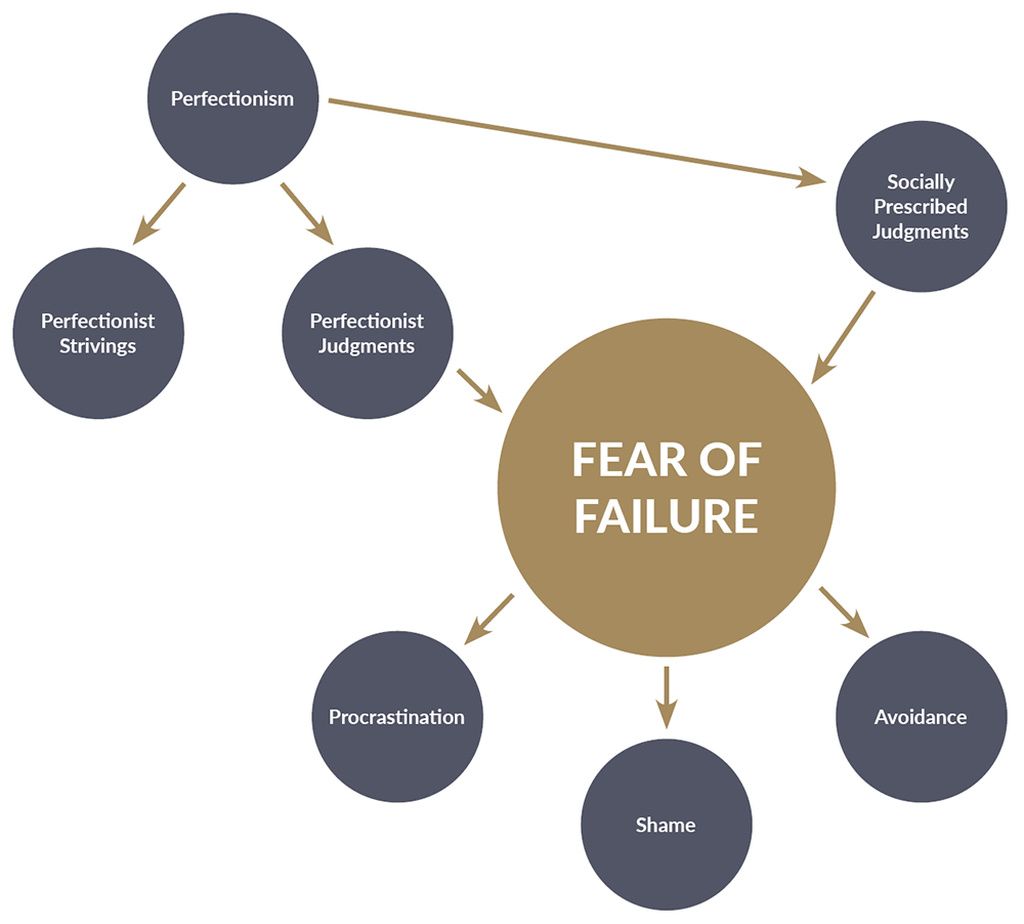How To Overcome Feelings Of Failure

Crushing feelings of failure can paralyze progress and erode self-worth. Learn actionable strategies now to break free from this cycle and reclaim your confidence.
This article provides a practical guide to overcoming feelings of failure, offering techniques grounded in psychological research and real-world experiences. We'll explore identifying negative thought patterns, building resilience, and setting realistic goals to foster a more positive and productive mindset.
Recognize and Acknowledge the Feeling
The first step is recognizing that you are experiencing feelings of failure. Don't suppress or ignore these emotions; acknowledge their presence.
Labeling the feeling can help you detach from it, making it easier to address objectively.
Challenge Negative Thought Patterns
Feelings of failure are often fueled by negative self-talk and distorted thinking. Identify and challenge these negative thought patterns.
Ask yourself: Is this thought based on fact or assumption? Is there another way to interpret the situation?
Replace negative thoughts with more balanced and realistic ones.
Reframe Your Perspective
Shift your focus from the perceived failure to the lessons learned. Every setback presents an opportunity for growth.
Consider what you can take away from the experience and how you can apply it in the future.
Reframing failure as a learning opportunity can significantly reduce its emotional impact.
Set Realistic Goals and Expectations
Unrealistic goals and expectations can set you up for disappointment and feelings of inadequacy. Break down large goals into smaller, more manageable steps.
Celebrate small victories along the way to maintain motivation and build momentum. Remember that progress, not perfection, is the key.
Practice Self-Compassion
Treat yourself with the same kindness and understanding you would offer a friend in a similar situation. Avoid self-criticism and self-blame.
Acknowledge that everyone makes mistakes and experiences setbacks. Self-compassion fosters resilience and helps you bounce back from adversity.
Seek Support
Don't isolate yourself when you're struggling with feelings of failure. Reach out to trusted friends, family members, or a therapist.
Talking about your experiences can provide valuable perspective and emotional support. Remember, you're not alone.
Focus on Your Strengths
Remind yourself of your past accomplishments and areas of strength. What are you good at? What have you achieved in the past?
Focusing on your strengths can boost your confidence and help you overcome feelings of inadequacy. Identify your core values and align your actions with them.
Take Action
Paralysis often stems from fear of further failure. Taking even small steps forward can break this cycle.
Identify one actionable step you can take today to move toward your goals. The momentum generated by action can be a powerful antidote to feelings of failure.
Embrace Imperfection
Striving for perfection is a recipe for disappointment. Accept that mistakes are inevitable and that progress is rarely linear.
Embrace imperfection and focus on continuous improvement rather than achieving unattainable ideals.
Ongoing Development
Overcoming feelings of failure is an ongoing process, not a one-time fix. Be patient with yourself and celebrate your progress along the way.
Continue to practice these strategies and seek support when needed. Resources like the American Psychological Association offer further guidance and support.
Take control of your narrative. You have the power to redefine failure as a stepping stone to success. Start today.


















